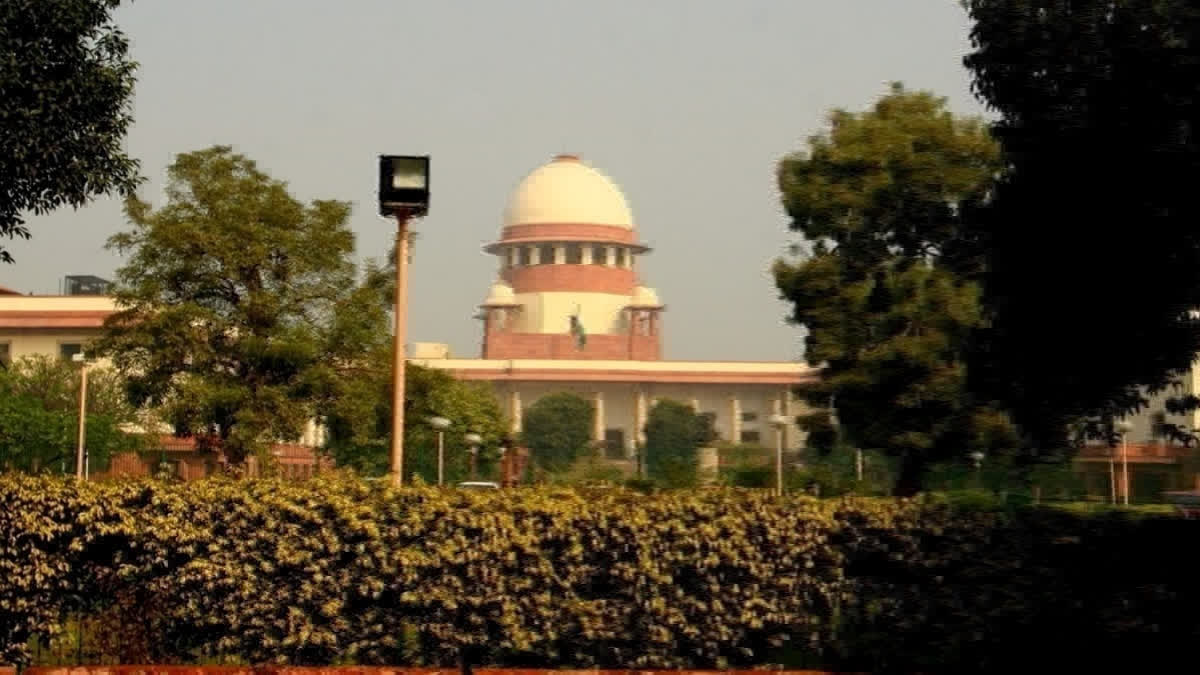New Delhi: Chief Justice of India Sanjiv Khanna has constituted a special bench to hear pleas challenging the validity of the Places of Worship Act (Special Provisions) Act of 1991. The 1991 law preserves the character and identity of religious sites as they stood on August 15, 1947.
The hearing in the matter gains significance against the backdrop of several suits filed in various courts, including the ones related to the Gyanvapi Mosque in Varanasi, Shahi Idgah Mosque in Mathura, and Shahi Jama Masjid in Sambhal, claiming that these were built after destroying ancient temples and seeking permission to offer Hindu prayers there.
A three-judge bench led by Chief Justice of India Sanjiv Khanna and comprising Justices Sanjay Kumar and K.V. Viswanathan will hear the pleas. The pleas are listed for hearing on December 12.
The top court is seized of the pleas, including one filed by Ashwini Upadhyay, who has prayed that sections 2, 3 and 4 of the Places of Worship (Special Provisions) Act, 1991 be set aside. One of the main contentions raised in the plea is that these provisions take away the right of judicial remedy to reclaim a place of worship of any person or a religious group.
Recently, the managing committee of the Gyanvapi mosque has filed an intervention in the Supreme Court, seeking intervention in pleas challenging the validity of the Places of Worship (Special Provisions) Act, 1991, saying that the consequences of the declaration sought by the petitioner that the 1991 law was unconstitutional "are bound to be drastic."
The application cited the recent incident in Sambhal, Uttar Pradesh, where a court permitted a survey of the Shahi Jama Masjid by allowing an application for the appointment of survey commissioner, the very day the suit was presented, in ex parte proceedings, the incident led to widespread violence and has claimed, as per reports, at least five citizens’ lives.
The application said: "The declaration sought by the petitioner would mean such disputes rising their head in every nook and corner of the country and ultimately obliterate the rule of law and communal harmony”.
Jamiat Ulama-i-Hind had cited the five-judge constitution bench in the verdict Janmabhoomi-Babri Masjid title case, noting the reference to the 1991 law, to argue that the law cannot be set aside now.
The apex court had first issued notice to the Centre seeking its reply to the pleas challenging the Act in March 2021. Following that, the apex court issued notices on several related pleas and applications and tagged all matters so they could be heard together.



